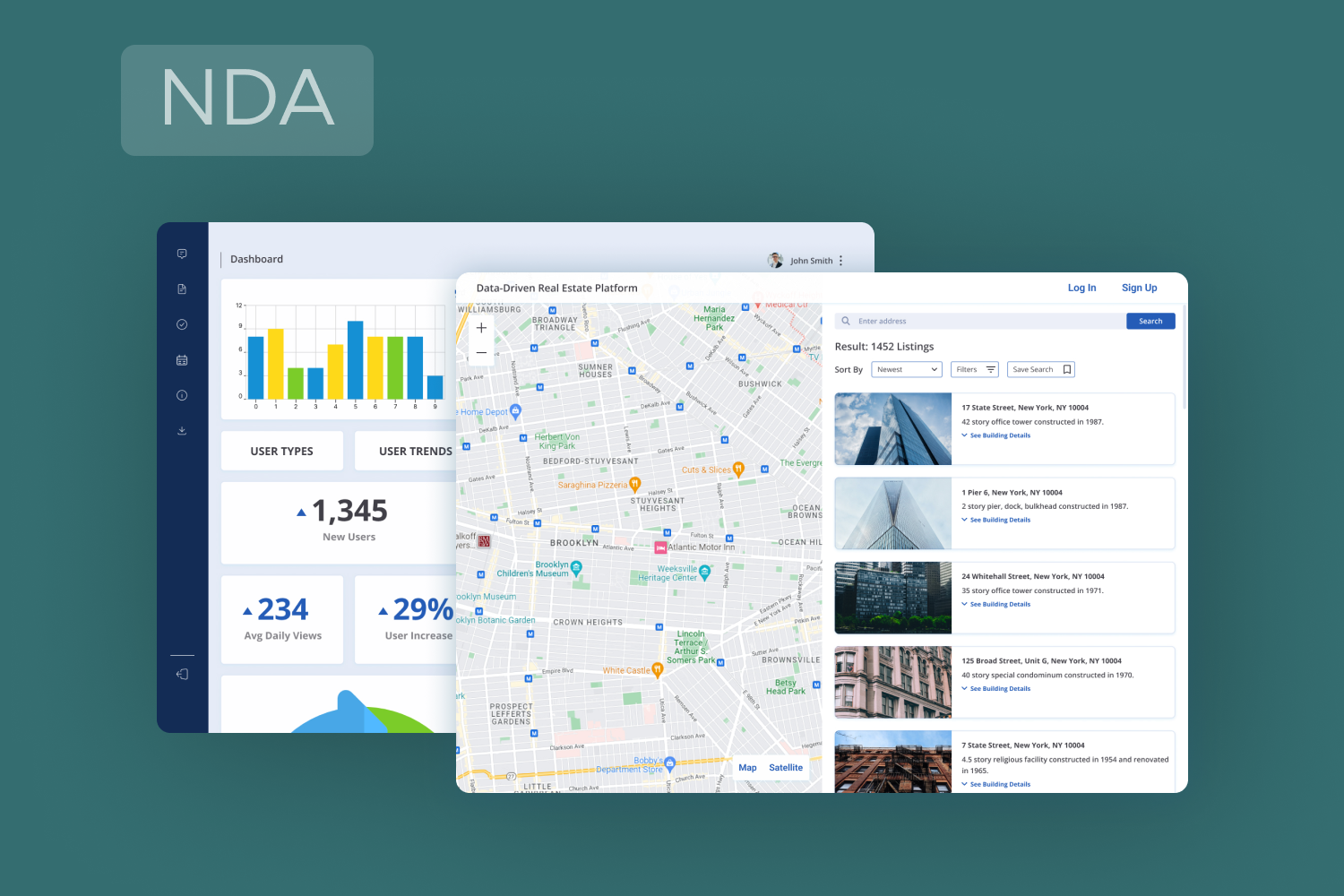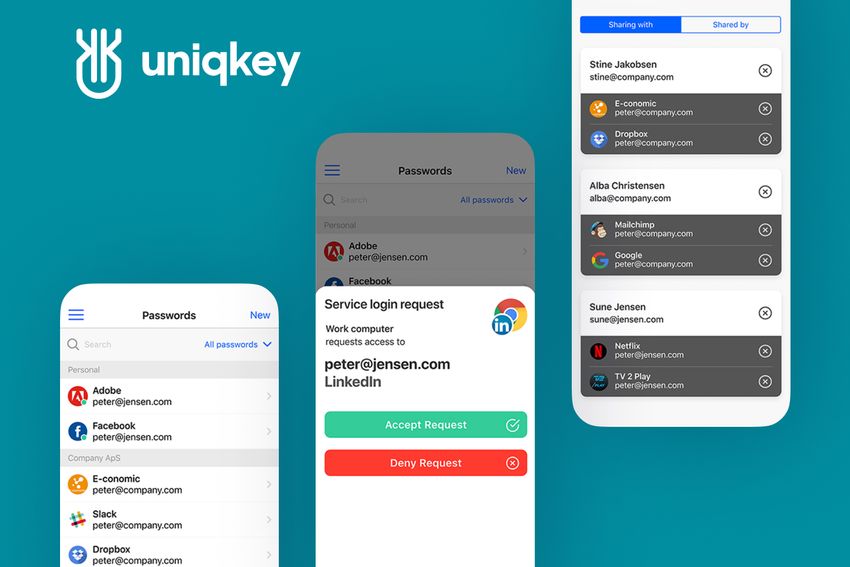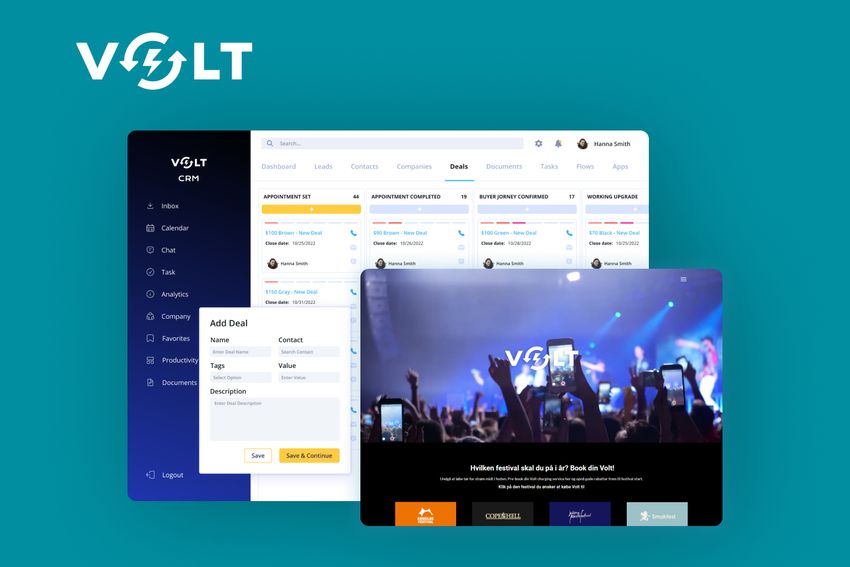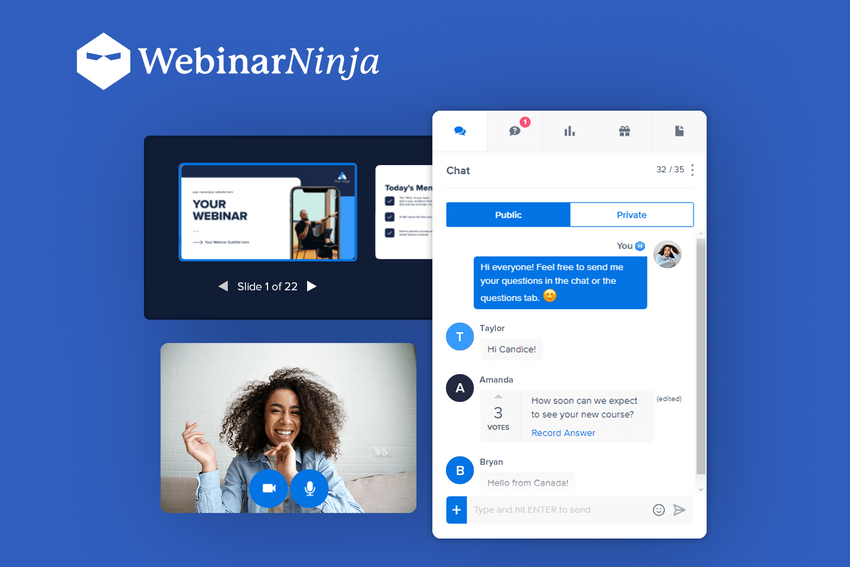Decision Intelligence: Leverage the Full Power of Your Data
Discover all the benefits of integrating Decision Intelligence into your business.
Getting your workers bogged down by tons of papers to analyze used to be the norm just a few years ago until Decision Intelligence, or DI, chivalrously came into play. The IDC report states that those who don’t incorporate this new way of applying AI will suffer the same consequences as those who refused to go online at the right time.
We already knew that AI is ubiquitous for its innovative nature, and we’re already aware that any business needs to make data-driven decisions. Combining both, we end up with Decision Intelligence–AI-based technology that helps to derive the most valuable information from all the mishmash of enormous datasets.
Let’s learn even more details about how exactly it works!
What Is Decision Intelligence, in Simple Words?
Decision Intelligence is a combination of various techniques for the practical application of AI, data science, and behavioral science to deal with the information a company receives and produces. In essence, these are tools used to streamline data analysis, create reports, detect patterns, and organize all the data in the correct form.

Not only is Google applying DI to make sound business choices and analyze its customers, but middle- and small-sized companies are doing so as well! A Turkish insurance company, Aksigorta, for example, was in a quandary about its pricing model. They’ve managed to develop a new one based on AI that would analyze the risks each customer presents. By making more informed pricing decisions, Aksigorta achieved a 237% increase in the light commercial vehicle market in Turkey and raised its margin from 15% to 23%.
Why Is Decision Intelligence Important, and What Are the Benefits?
Permeated with the spirit of competition, markets are full of offers. Everyone is striving to stand out and appeal to a client to make them pick this special product tailored to their needs. Anyone who is not willing to research customers’ feedback and understand their expectations is... doomed.
Even if it worked before, today you can’t just intuitively assume their opinion or telepathically read your clients’ thoughts. A BI report shows that so-called "laggard companies" base 70% of their decisions on gut feelings! And what do leading companies do? Substantiate most of their decisions with real information. Can you see a tendency?
That’s why, in order not to fall under the derogatory category of "laggard", it’s important to invest time and labor resources into a deep and precise scrutiny of all the information. With the help of DI technology, you can help your workers overcome the natural limits of manual data processing and get rid of cognitive bias to extract accurate insights from the heaps of data.
DI is not only about customers, by the way. There are tools for scanning the performance of employees, assessing the risks of future business decisions and the success rate of the current ones, and even recruiting new talents to your team!
Overall, with DI, you can:
- eliminate emotions from the decision-making process;
- enhance strategic planning;
- allocate resources most optimally;
- mitigate risks;
- adapt business strategies quickly with real-time analytics;
- ensure continuous improvement;
- understand customers and refine their experience.
What’s the Difference Between Decision Intelligence (DI) And Artificial Intelligence (AI)?
Decision Intelligence (DI) and Artificial Intelligence (AI) are related concepts but have distinct focuses and applications. Let's explore the main differences between them:
1. Artificial Intelligence (AI) is employed in Decision Intelligence (DI), which, in turn, uses a broader range of technologyand disciplines.
2. AI can be applied in practically every field of business, while DI focuses on refining the process of decision-making.
3. AI concentrates on creating intelligent systems that can perform human-like tasks, and DI on enhancing human decision-making processes by leveraging AI techniques. An AI algorithm turns into a DI once the insights attained by it actually become the basis for this or that business decision.
4. AI is comprised of several subsets, like Machine Learning, Natural Language Processing, Computer Vision, etc. And what DI includes, we’re going to tell you in just one paragraph!
How Does Decision Intelligence Enhance Business Decision-Making?
DI has 3 forms for assisting businesses with rendering decisions. Ideally, a system allows for leveraging all three of them, depending on the task at hand, but a company can choose to either implement only one initially or gradually advance in its adoption of DI.
So, you can climb the DI ladder in the following order:
Decision Support
The level includes the minimal reliance on technology: the ultimate decision-making authority remains with humans, and DI serves as a supportive tool. These tools may include dashboards, data analytics platforms, and recommendation systems that aid in gathering, organizing, and presenting information to support decision-making.

Decision Augmentation
At this level, humans and machines work together as collaborative partners. The objective is to enhance human decision-making where AI algorithms and systems not only provide support and information but also contribute to the decision-making process by offering recommendations, advanced analytics, predictive models, and scenario simulations.

Decision Automation
Here, DI has the authority and capability to make autonomous decisions based on predefined rules, models, or algorithms. Decision automation is suitable only for well-defined and rule-based decisions. For example, in the insurance industry, a DI system can automatically reject or approve claims, or fraudulent activities can be immediately blocked in a banking app. However, critical and complex decisions still require human intervention.

3 Components of Decision Intelligence
In order to provide a user with holistic and precise recommendations, DI comprises 3 major components, all tuned to complement each other. They are:
Artificial Intelligence. Indeed, this is one of the fundamental ideas of the article: AI serves as the foundation of DI, leveraging its computational power and advanced algorithms to analyze complex data sets and deliver actionable information to decision-makers. AI and its subsets’ enable the understanding of trends, the identification of correlations, and the simulation of various scenarios, but they're only feasible when supported by the next component.
Contextual Intelligence. It’s the ability to understand and consider the broader context in which decisions are made. It’s basically the "why" behind AI’s decisions and suggestions, for contextual intelligence takes into account factors such as business objectives, time-sensitive conditions, market dynamics, and the preferences of decision-makers. By integrating domain-specific knowledge and expertise, contextual intelligence ensures that AI-driven insights align with the unique requirements of the specific domain.
Automation. We’ve covered it before, but let’s brush up on it once again: by automating decisions, DI frees up human resources for more strategic and high-level decision-making. This improves efficiency where decisions can be reliably automated (financial transactions or customer support), but not when they involve ethical considerations or human judgment.
Did you know that a study by Deloitte found that 78% of businesses that have implemented AI-based automation reported increased productivity?
Business Impact of Decision Intelligence: 2 Real-World Examples
Well, we’ve finally arrived at the most interesting part of our article: the real cases where AI decision-making led to revenue growth.
You know Carhartt, a manufacturer of workwear? They didn't only move to the cloud in the middle of the pandemic but exceeded their revenue plans by more than 200% after opening new stores, the locations for which were not fortuitously selected. They’ve developed a DI tool that can analyze historical sales, weather conditions, employment level, and other factors to choose a new location for building the most lucrative store.
Carhatt’s management is sure that correct utilization of data is a crucial element for making advanced technology work; they’ve even built their own data lake and data warehouse to make the most of all the information they process.
SNAP, a member of the big American Brightree family and a prominent post-acute care provider, decided to build an AI-driven patient management system. One of the main goals was to automate routine tasks that healthcare workers have to deal with for every patient. Now, about 50% of all orders are handled without any human involvement!

Moreover, every step of treatment is supervised not only by real doctors but also supported by the AI scripts. SNAP’s AI, by the way, also knows how to tackle all the billing, medical records, and procedures involved in patient record management without burdening the staff.
These companies are in the vanguard in their domains, and they’re paving the way for DI implementation on a regular basis. Why not join them on the journey and experience the benefits of advanced data analysis ourselves? In the end, we can always come back to the tedium of manual information processing.
Need Help With A Project?
Drop us a line, let’s arrange a discussion















